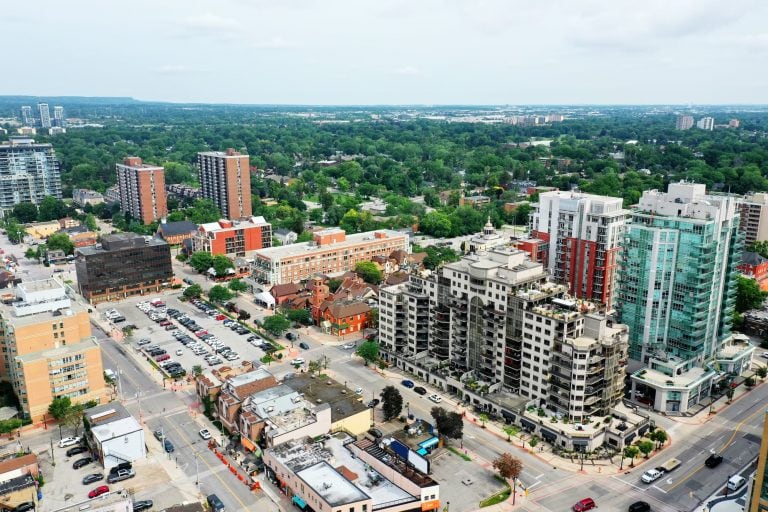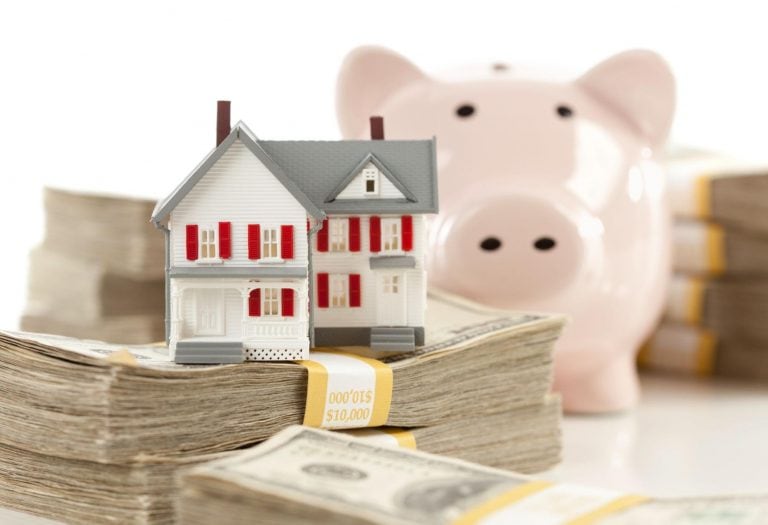Let’s get out our crystal ball and take a look: No, they won’t drop.
What housing prices will most likely do is level off a bit. We probably won’t see sky-high appreciation rates as we saw over 2020 and 2021. Instead, the rates of appreciation will slow down as housing supply contracts and less new homebuyers enter the market. With interest rates expected to rise gradually starting in the near future, we’ll probably see one last surge of home buying, followed by a cool-down that is reminiscent of the pre-Covid market.
This will probably come as a relief to homebuyers who are afraid of getting priced out of the market as home values continue to rise. If you’re a home seller worried that your house won’t appreciate at all, don’t be afraid. Just because the market might slow down doesn’t mean it will stop appreciating because the same factors that kept Canadian real estate appreciating pre-Covid haven’t fundamentally changed.
If it sounds like we’re trying to predict the weather here, you’re not far off the mark. Everyone makes predictions about the market. You have to. The market is built on predictions. Home appreciation is driven in large part by the expectations of the future. We have to be careful not to put too large a stake in saying what will or won’t happen tomorrow.
Instead, it’s smarter, safer, and more useful to look at current trends and weigh the probability that they’ll change in the future. So let’s take a look at the main factors driving home prices in Canada and ask if they’ll stick around through 2022.
The Housing Supply
Canadian Real Estate is buyer rich and housing poor. There doesn’t seem to be any quick way out of this problem. In areas of high demand, namely the real estate in the Toronto Area and Vancouver, there simply aren’t enough houses to go around for everyone. Due to a litany of roadblocks, it’s very hard to get new construction going in and around Toronto. Add to that the fact that Toronto is running out of undeveloped land to build new housing on, and it’s not hard to see that Canada’s biggest city is facing a big problem.
So long as supply stays low across Canada, we can expect housing prices to continue to rise, thanks, in large part, to our next factor.
Demand
If housing supply is the immovable object of Canadian real estate, demand is the unstoppable force. Canadians, like everyone else, want homes. Even if younger generations trend more towards condos, everyone eventually wakes up to find out that owning your home is much better than renting it. That’s a fact that drives demand everywhere in the world, and in Canada that demand is insatiable.
And it’s not just Canadians that are looking anywhere they can for homes. Every year hundreds of thousands of people from across the globe move to Toronto and all parts of Canada looking for homes, adding to the demand that the Canadian housing supply physically cannot satisfy. If Canada can solve its supply crisis, the market could truly transform into one of the most vibrant in the world.
People want to live in Canada. People want to live the Toronto lifestyle or the Vancouver lifestyle. Nowadays, even the Calgary real estate market is on fire and Winnipeg as well as to small towns around Ontario and British Columbia. Just about everywhere you look the housing supply is barely keeping up with the demand, if it’s keeping up at all.
The problem is a supply shortage first and foremost. We want the demand to stay high. The Canadian real estate market is like a hot rod with a full fuel tank and no wheels. Without a larger home supply, the market cannot reach its full potential.
Interest Rates
The big bad wolf of the Canadian real estate market, interest rates have investors more worried than anything else. In response to the market slowdown in the wake of Covid-19, interest rates in Canada fell to record low levels. Everyone expects the Bank of Canada to raise its rates in 2022, and prospective homebuyers will most likely try to finalize any deals before that happens.
Rising interest rates will most likely have a short-term impact on Canadian real estate, initiating a brief swell in home sales, followed by a fall-off in sales as homebuyers get used to the new rates.
They will get used to it. Interest is a fact of economic life. As unattractive as these new, higher rates sound, they’re still just a return to pre-pandemic market environments. It’s easy to predict how these rate hikes will affect home sales; what’s more interesting to ponder is how they’ll affect home prices.
Over the last couple of years, so many homebuyers have been paying upwards of 20% over market price as they’re competing with dozens of other potential buyers. With lower rates, a larger share of the Canadian population has been able to punch above their weight class and purchase homes that, pre-Covid, they probably couldn’t have afforded.
With new rate increases, that share of the population can afford more expensive homes with contracts, but now there is a larger share of the population that owns more expensive homes. The way it looks to us, the Canadian real estate market looks like a tube of toothpaste where the business keeps getting squeezed further and further into the higher-end of the market due to high demand, low supply, and the expected higher interest rates.













